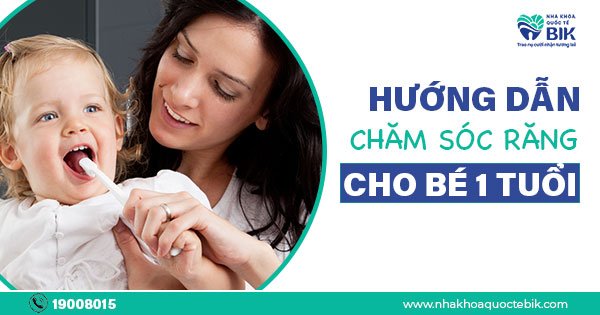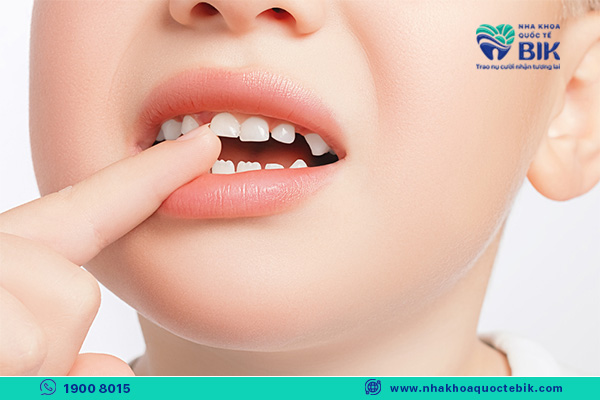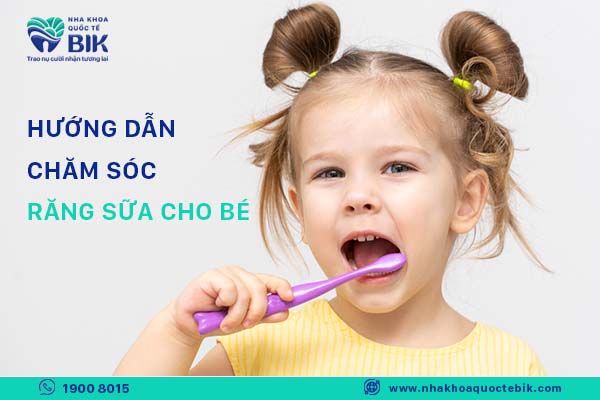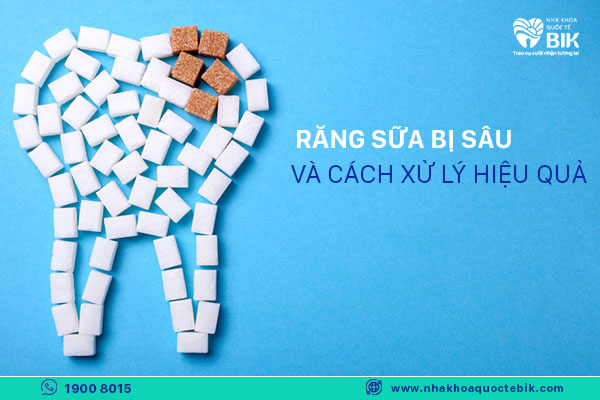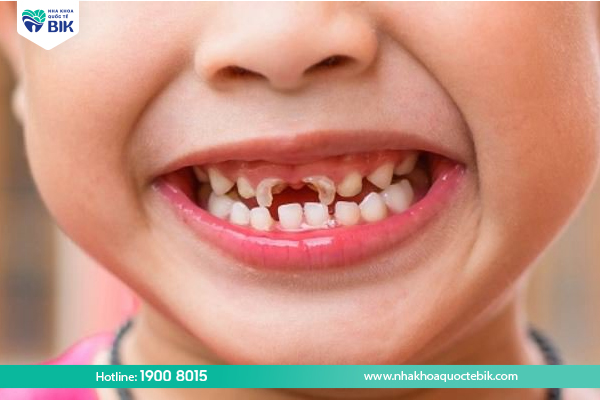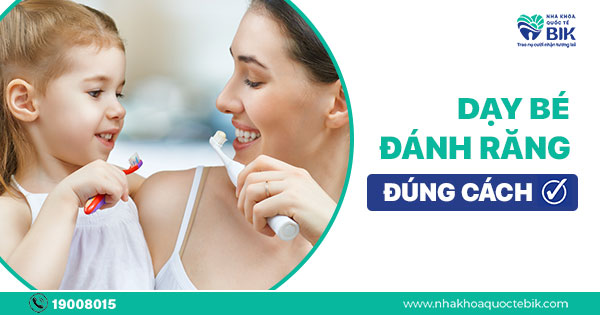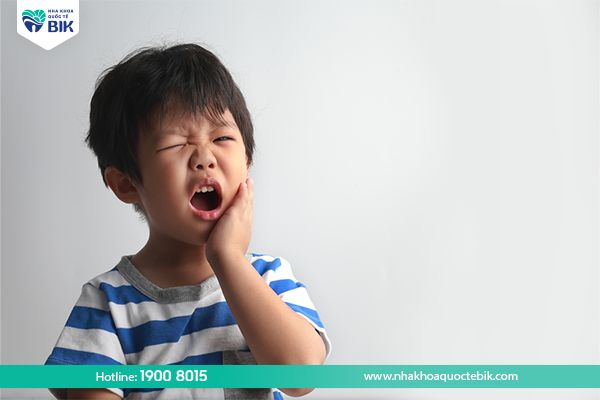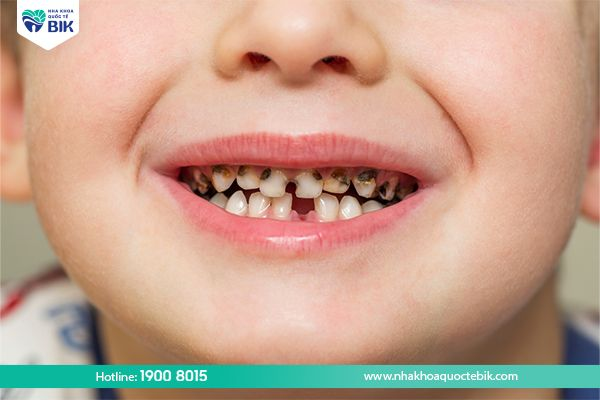To ensure that children’s teeth develop healthily and beautifully when they grow up, the period of changing baby teeth plays an important role as a foundation. Therefore, taking care of children when changing baby teeth is extremely important, because if not taken good care of from this stage, the child’s permanent teeth may encounter problems such as misalignment, affecting health. Therefore, parents need to know what to keep in mind when their children change baby teeth to help them have strong, beautiful and confident teeth.

Age when your baby changes baby teeth
The age when your baby changes baby teeth can be divided as follows:
- At the age of 6 to 8, your baby will change the 4 lower incisors.
- At the age of 7 to 9, your baby will change the 4 upper incisors.
However, tooth replacement in children is not exactly the same. Some children may start changing teeth at the age of 4, or it can be around 7-8 years old. If your baby changes teeth too early, parents need to take their child to the dentist for a check-up.
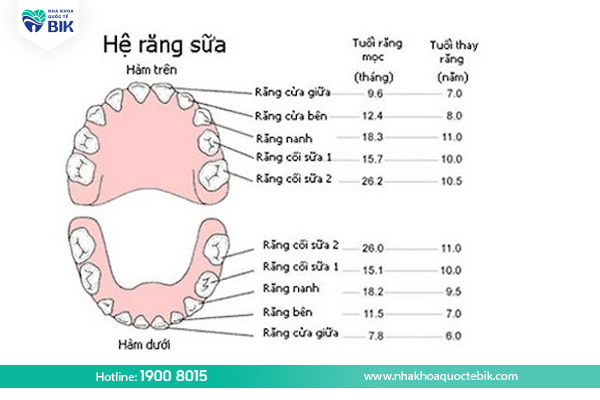
How long does it take for baby teeth to change?
The process of changing teeth in children will last about 9 years, from when they are 6 years old to about 15 years old.
Factors that affect the process of changing baby teeth in children include:
Characteristics of each type of tooth and their position
For example, teeth with one root will change faster, teeth with many roots (molars) will change longer. Teeth with comfortable growing space will change faster than teeth that are squeezed or stuck in the gap.
Bad habits of children
If children often put their hands or tongue in their mouth when there is a gap due to baby teeth falling out, the time of tooth replacement will be affected and can cause inflammation.
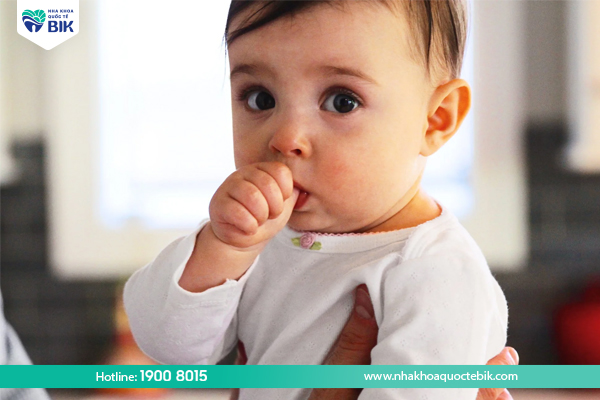
Children’s baby teeth condition
If baby teeth are decayed or infected and need to be extracted early, it is necessary to must be planned to keep space for permanent replacement teeth to erupt.
Genetic factors
If there are dental problems in the family such as buck teeth, underbite, or crooked teeth, children may also have similar problems.
Things to keep in mind when your child changes baby teeth
Teeth are considered to develop normally when adult teeth grow in the same order as baby teeth, meaning that whichever baby teeth fall out first, the corresponding adult teeth will grow later. Therefore, by knowing the order of loss of baby teeth, you can predict the order of growth of adult teeth. To do this, you need to pay attention when your child changes baby teeth.
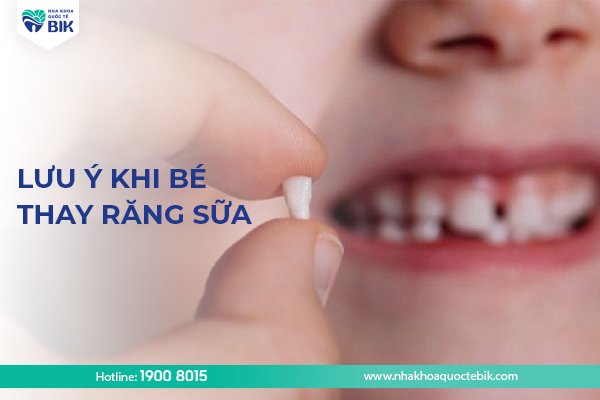
Notes on the process of changing baby teeth and developing adult teeth
If you see signs such as: the big teeth have grown but the small teeth are still there, the gap between the two upper teeth is too wide, the big teeth are not growing in the right position… take your child to the dentist immediately for advice, treatment and long-term and effective solutions.
In addition, take your child for regular dental check-ups during the tooth-changing period so that the doctor can detect problems early and apply appropriate therapy.
Remind your child to brush their teeth every day
Monitor your child’s daily brushing in the morning and evening to prevent tooth decay. If your child is able to take care of himself and complies well, you can encourage him to brush his teeth at a fixed time.
Choose toothpaste and toothbrush suitable for your child’s age. Your child’s brushing time should last 2-3 minutes each time. In addition to brushing, after eating, let your child rinse his mouth with warm water or diluted salt water to maintain oral health.
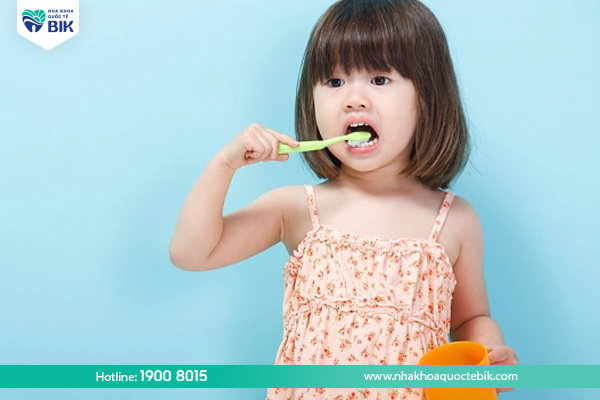
Do not only eat soft foods
Some parents think that during the period of changing baby teeth, cooking soft and chopped foods is good for young children, but in fact, this is not the case. Eating soft foods continuously can also affect the development of the child’s lower jaw.
Therefore, when children start to change teeth, doctors recommend that they eat foods rich in fiber and have a firm texture such as beef, carrots, corn, celery, etc. This will encourage the tooth replacement process to go more smoothly, helping new teeth grow more easily, while promoting the development of gums, jaw bones and facial bones.
Preventing some bad habits in children
Children often have bad habits during the tooth replacement process such as: tongue-licking, touching the gums when baby teeth have fallen out or when permanent teeth have just grown, biting fingers or pencils, etc. Parents need to remind their children to limit and gradually give up these bad habits, avoiding deforming teeth and affecting the tooth replacement process.
Limit external forces
Not only during the process of replacing baby teeth, protecting and limiting external impacts to avoid damage to the teeth and mouth must be done for life. For children, if a tooth is broken or falls out due to impact, it is necessary to find the tooth, clean it and soak it in fresh milk or clean water. Then, quickly take it to the hospital so that the lost tooth can be replanted.
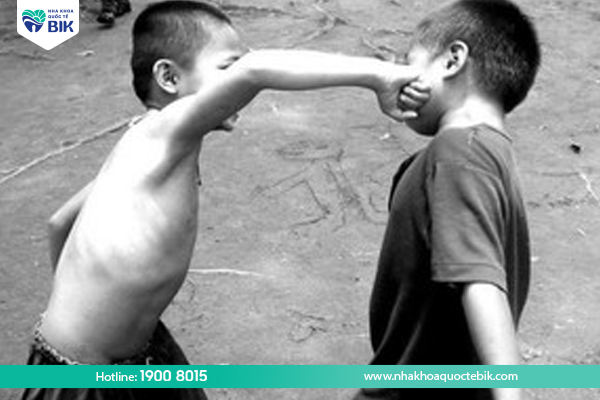
Especially protect the first molars
When your child is about 6 years old, you need to pay attention to protecting the first molars of the growing adult teeth. Changing teeth can reduce the amount of calcium in the body and make the tooth weaker and more susceptible to cavities. If you see a cavity or gap in the tooth within a year of changing teeth, take your child to the dentist for timely treatment.
Factors affecting the process of changing baby teeth in children
The process of changing baby teeth in children is not uniform and depends on the type of tooth and its position. For example, incisors and canines usually change quickly after only a few weeks, while molars take longer. Favorable conditions will help the tooth replacement process happen faster than in the case of impacted or space-occupying teeth.
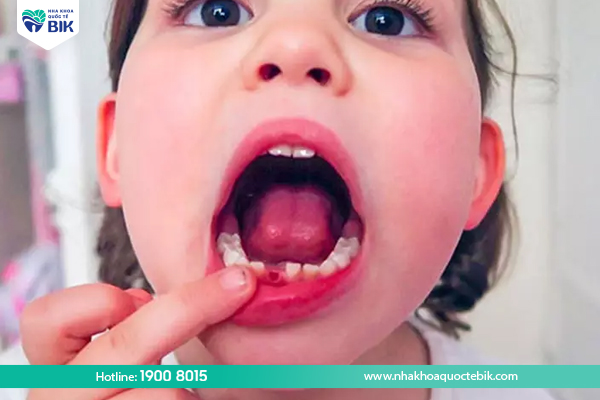
In addition, children’s bad habits can also affect the process of replacing baby teeth. For example, touching the space after baby teeth fall out with your hands or tongue can cause inflammation. Parents need to pay attention to help children change this habit.

